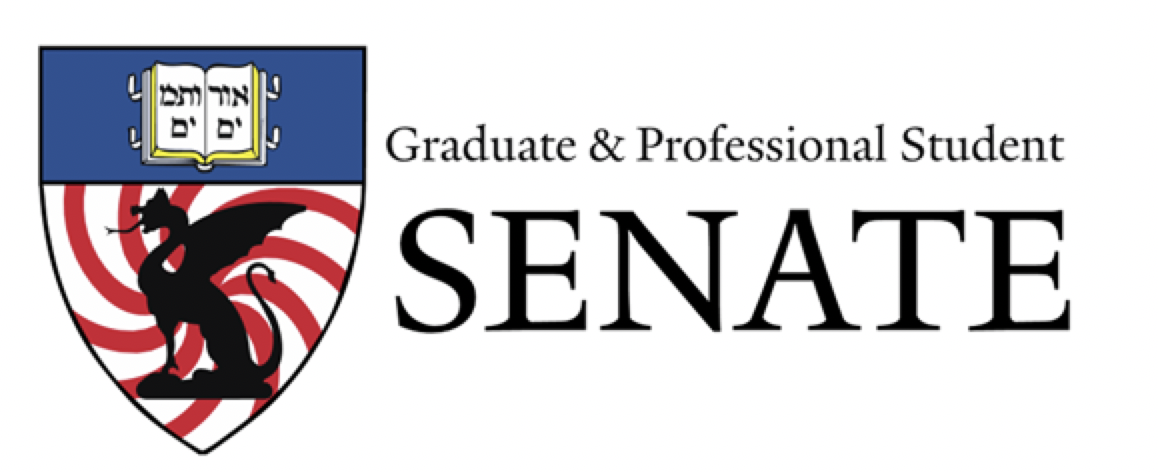By Alex Co
Backed by expansive shots of landscapes and cityscapes, ethereal Sigur Rós-esque swells and an assemblage of narrators coalescing into a contemplative Greek chorus, Guy Reid’s “Planetary” allows its audience 85 minutes of meditation on humanity’s modern relationship with the planet. The heart of the message comes early: “The kind of intelligence we need is not data, but narrative.” But the film largely peters out from this point as a range of voices, from climate scientists and anthropologists to spiritual and indigenous leaders, contemplate how to cultivate this intelligence.
The emergent narrative of the film is one of mindfulness – becoming aware of more than our individual selves to become aware of everything on the planet and therefore become planetary. It builds and evolves to this evocative idea and allows us to envision what our mindfulness could be and the potential it could hold, but then it leaves us in this nebulous space without direction. Mary Evelyn Tucker of the Yale School of Forestry & Environmental Studies and Yale Divinity School, who was featured in the final minutes of the film, dug into this in the panel discussion following the screening at EFFY 2016. Having developed her own film “Journey of the Universe,” which was predicated on similar themes, she perceived a “missing connection of inspiration to perspiration.” Anthony Leiserowitz of the Yale Program on Climate Change Communication raised similar questions – is this planetary mindfulness the tool that we need, and if so, how is it scalable? What is the collective narrative that develops from a large-scale mindfulness?
“Planetary,” director Guy Reid noted, was meant to contribute a certain perspective to a narrative already present: that we need economic change, social change, new technologies and more. He also mentioned that not once was “climate change” mentioned in the film, a fitting if trite mechanism to reframe the narrative. But for the team of first-time filmmakers that conducted dozens of interviews and traveled to 65 cities to capture the sweeping footage, their efforts create a visually stunning tale of mindfulness and understanding. And as a full-length expansion of their short film OVERVIEW, perhaps the discussions at EFFY 2016 will shape the narrative of Planetary’s sequel.
Alex Co is a Master of Environmental Science candidate at the Yale School of Forestry and Environmental Studies studying safer chemical design guidelines with Dr. Paul Anastas. He is also interested in interdisciplinary work integrating this research with risk assessment theory, communications and rhetoric and environmental justice values to influence US chemical regulation reform and future globally harmonized chemical regulation policy.
















